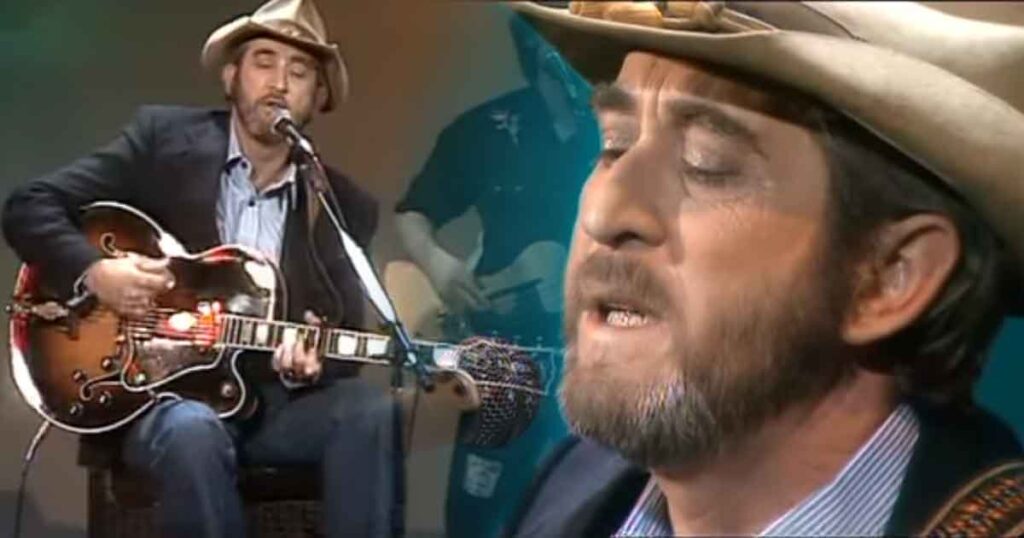
A Song About Finding Peace in One’s Own Rhythm
When Don Williams released “Tulsa Time” in 1978 as the lead single from his album Expressions, few could have guessed how deeply this simple country tune would resonate with listeners across generations. It climbed to No. 1 on the Billboard Hot Country Singles chart in early 1979, giving Williams one of his most enduring hits. But beyond the numbers, “Tulsa Time” became something greater—a musical philosophy, a quiet anthem about slowing down, coming home, and rediscovering what really matters.
The story behind “Tulsa Time” began not in a recording studio but in a snow-stranded hotel room in Oklahoma. Guitarist and songwriter Danny Flowers, then a member of Williams’s touring band, found himself trapped by a blizzard in Tulsa with nothing but a guitar, a notebook, and too much time. Out of that solitude came two chords and a song—one that carried the restless heartbeat of the road and the comfort of familiarity. When he first played it for Williams, the melody’s unhurried ease fit perfectly with the singer’s natural warmth. The result was a recording that felt effortless, as though it had always existed.
Musically, the song drifts on a gentle shuffle rhythm, colored by an easygoing electric guitar and the soft drawl of Williams’s unmistakable baritone. There’s no urgency, no dramatic build—just the patient unfolding of a man’s reflection. The lyrics tell of someone who has wandered too far from home, chasing dreams in cities that never sleep, only to realize that the truest happiness lies in returning to the pace of life he once knew. “Living on Tulsa time,” he sings, is not merely a place—it’s a way of life. It’s a refusal to measure success by clocks or calendars, but by peace of mind.
When it first hit the airwaves, “Tulsa Time” struck a chord with a country still balancing old values and modern speed. The late 1970s were an era of restless motion: highways expanding, cities growing, and the old ways of living giving way to something faster and louder. Williams’s song stood as a quiet rebellion—a reminder that happiness doesn’t have to keep up with the world’s ticking clock. Its warm, human simplicity was its strength.
The success of “Tulsa Time” extended far beyond the country charts. It won Single Record of the Year from the Academy of Country Music, and its appeal crossed genres when Eric Clapton later recorded his own version, giving it a rock-tinged energy that brought the song to new audiences. Yet it was Williams’s version that remained definitive—his calm voice turning restlessness into serenity, loneliness into acceptance.
Listening to “Tulsa Time” today feels like stepping into sunlight after a long drive through the dark. There’s something deeply familiar in its rhythm, something that speaks to anyone who’s ever longed to return to a simpler pace of life. For those who came of age in the ’70s, it recalls backroads and FM radios, the sound of tires humming under a wide-open sky. For others, it offers a gentle reminder that peace isn’t found in places—it’s found in perspective.
In a career defined by understatement and sincerity, Don Williams created a song that perfectly embodied his character: unhurried, genuine, quietly wise. “Tulsa Time” endures not just because of its melody, but because of its message—a timeless invitation to slow down, breathe easy, and let life unfold in its own good time.